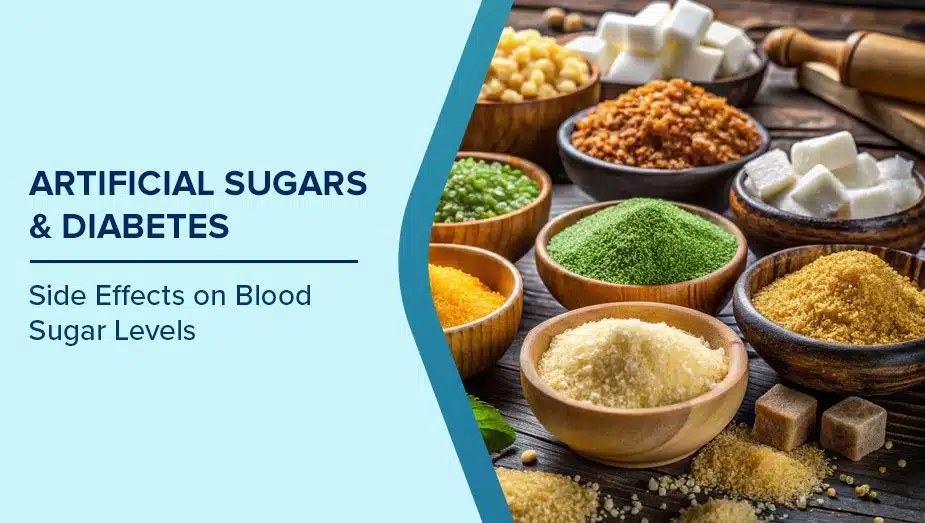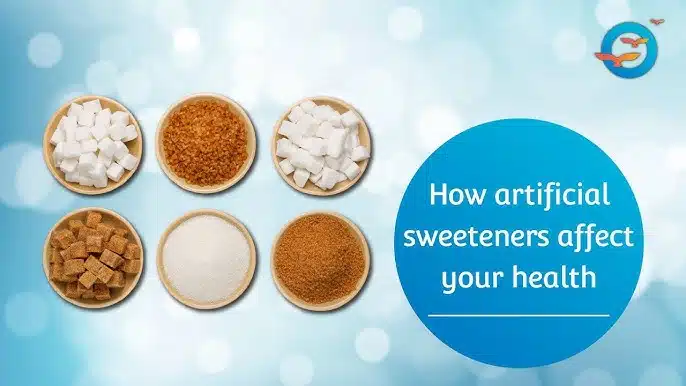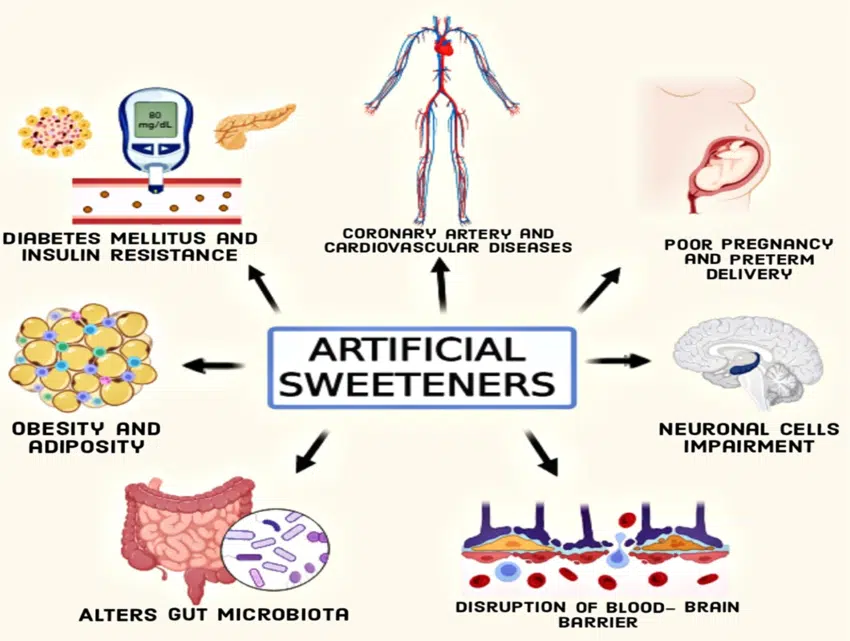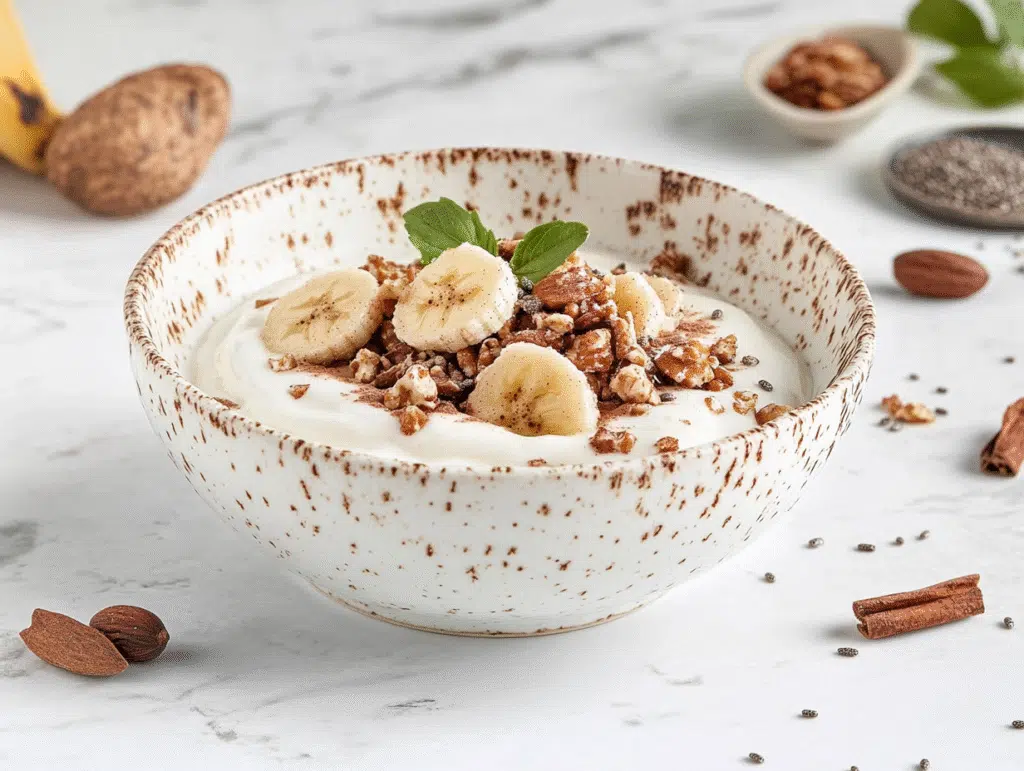The world of artificial sweeteners is undergoing a seismic shift as groundbreaking research challenges everything we thought we knew about these supposedly “safe” sugar alternatives. Recent studies examining artificial sweeteners and diabetes risk have uncovered disturbing connections that are forcing both medical professionals and consumers to reconsider their daily diet choices.
For decades, artificial sweeteners have been marketed as the perfect solution for people wanting to reduce sugar intake without sacrificing sweetness. However, emerging research suggests that these chemical compounds may actually increase diabetes risk rather than prevent it, turning our understanding of healthy eating completely upside down.
What the Latest Research Reveals About Artificial Sweeteners & Diabetes Risk

In a landmark 14-year study, researchers have found that artificially sweetened drinks raise the risk of developing type 2 diabetes by more than a third, significantly higher than those loaded with sugar. This finding fundamentally challenges the long-standing belief that diet sodas and sugar-free beverages are healthier alternatives to their sugar-laden counterparts.
An Australian study has found that drinking just one can of artificially sweetened soft drink a day may increase the risk of developing type 2 diabetes by 38 per cent. These statistics are particularly alarming when you consider that millions of people worldwide consume these products daily, believing they’re making healthier choices.
The research examining artificial sweeteners and diabetes risk extends beyond just beverages. While artificial sweeteners are Generally Regarded as Safe (GRAS), the scientific community remains divided on their safety status. The previous assumption that artificial sweeteners are inert within the body is no longer valid.
This paradigm shift has significant implications for public health recommendations and individual dietary choices, especially for those already at risk of developing diabetes.
The Hidden Mechanisms: How Artificial Sweeteners May Trigger Diabetes
The connection between artificial sweeteners and diabetes risk isn’t just correlational – scientists are uncovering the biological mechanisms that explain this relationship. One of the most compelling areas of research focuses on the gut microbiome and its role in glucose metabolism.
A study of the effects of non-nutritive sweeteners on human metabolism as well as their microbiomes reveals how these can induce individual-specific, microbiome-dependent changes to glycemic responses, warranting follow-up clinical studies to understand long-term impact.
The gut microbiome, which consists of trillions of bacteria living in our digestive system, plays a crucial role in how our bodies process food and regulate blood sugar. When artificial sweeteners disrupt this delicate ecosystem, they may inadvertently trigger insulin resistance and glucose intolerance – key precursors to type 2 diabetes.
Different artificial sweeteners appear to affect people differently, suggesting that individual genetic factors and existing microbiome composition may influence how these substances impact diabetes risk. This personalized response makes it difficult to establish universal recommendations about artificial sweetener consumption.
Breaking Down the Science: Which Sweeteners Pose the Greatest Risk

Not all artificial sweeteners carry the same level of risk when it comes to diabetes development. Current research indicates that some compounds may be more problematic than others, though the evidence continues to evolve as new studies emerge.
Aspartame, one of the most widely used artificial sweeteners, has been subjected to extensive scrutiny in recent years. Studies suggest it may affect glucose tolerance and insulin sensitivity, particularly when consumed regularly over extended periods.
Sucralose, marketed as Splenda, was once considered one of the safer options. However, recent research has raised questions about its long-term effects on metabolism and blood sugar regulation, especially in people who are already prediabetic or have metabolic syndrome.
The artificial sweeteners and diabetes risk equation becomes even more complex when considering that many people don’t consume just one type of sweetener. Most processed foods and beverages contain combinations of different artificial sweetening agents, potentially creating synergistic effects that haven’t been fully studied.
The Market Reality and Consumer Implications

The market for artificial sweeteners has been projected to increase by almost 75% from 2025 through 2033, or from $3.11 billion to $5.44 billion. This dramatic growth occurs precisely as research reveals concerning connections between artificial sweeteners and diabetes risk, creating a troubling disconnect between market trends and health evidence.
The widespread use of these compounds extends far beyond diet sodas and sugar-free gum. Artificial sweeteners appear in thousands of products, from yogurt and protein bars to medications and vitamins, making it nearly impossible for consumers to avoid them entirely even if they wanted to.
banana with extra ice and a few drops of liquid stevia.
Controversies and Conflicting Evidence
The relationship between artificial sweeteners and diabetes risk remains one of the most contentious topics in nutritional science. While some studies show clear correlations between artificial sweetener consumption and increased diabetes risk, others suggest these associations may be due to confounding factors rather than direct causation.
Critics argue that people who consume artificial sweeteners may already be at higher risk for diabetes due to existing health conditions, genetic predisposition, or other lifestyle factors. This makes it challenging to determine whether the sweeteners themselves are causing increased diabetes risk or simply correlating with it.
However, the mounting evidence from multiple independent research groups and different study populations suggests that the relationship between artificial sweeteners and diabetes risk deserves serious consideration rather than dismissal.
Practical Implications for Daily Life

Given the emerging evidence linking artificial sweeteners and diabetes risk, many health-conscious individuals are questioning whether they should eliminate these substances from their diets entirely. The decision becomes particularly complex for people who are already diabetic or prediabetic and have been advised to avoid regular sugar.
The key may lie in finding balance and exploring natural alternatives that don’t carry the same potential risks. Whole food-based sweetening options like fresh fruit, dates, and small amounts of raw honey may provide safer ways to satisfy sweet cravings while supporting overall metabolic health.
For people currently consuming large quantities of artificially sweetened products, gradual reduction rather than sudden elimination may be more sustainable and help avoid cravings that could lead to overconsumption of regular sugar.
Future Research and Recommendations
The scientific community continues to investigate the complex relationship between artificial sweeteners and diabetes risk. Future studies will likely focus on long-term effects, individual genetic variations, and the role of the gut microbiome in mediating these relationships.
Current evidence suggests that moderation and awareness are key. While occasional consumption of artificial sweeteners may not pose significant risk for most people, regular daily intake – especially in large quantities – may contribute to metabolic dysfunction over time.
Frequently Asked Questions

Question: Should people with diabetes stop using artificial sweeteners immediately based on these new studies?
Answer: People with diabetes should consult their healthcare providers before making significant dietary changes. While the research is concerning, abrupt elimination of artificial sweeteners without proper planning could lead to poor blood sugar control if replaced with regular sugar.
Question: Are some artificial sweeteners safer than others when it comes to diabetes risk?
Answer: Current research suggests individual responses vary significantly, and no artificial sweetener has been definitively proven “safe” regarding diabetes risk. Natural sweetening alternatives or very limited use of any artificial sweetener may be the most prudent approach.
Question: How long does it take for artificial sweeteners to affect diabetes risk?
Answer: The studies showing increased diabetes risk typically examined consumption patterns over years rather than months. However, some research indicates that gut microbiome changes can occur within weeks of regular artificial sweetener consumption.
Question: Can artificial sweeteners cause diabetes in people who aren’t already at risk?
Answer: Emerging research suggests that artificial sweeteners may increase diabetes risk even in people without obvious predisposing factors, though individual responses vary significantly based on genetics and microbiome composition.
Question: What are the best natural alternatives to artificial sweeteners for people concerned about diabetes risk?
Answer: Whole food options like fresh fruit, small amounts of pure maple syrup, dates, or stevia leaf extract may provide sweetness with less metabolic disruption. The key is using any sweetener sparingly and focusing on whole, unprocessed foods.
Conclusion

The emerging research connecting artificial sweeteners and diabetes risk represents a significant shift in our understanding of these widely consumed compounds. While the scientific community continues to debate causation versus correlation, the evidence suggests that these supposedly “inert” substances may have far-reaching effects on our metabolic health.
Rather than panic, this information should empower us to make more informed choices about our daily food and beverage consumption. The goal isn’t necessarily to eliminate all sweetening agents but to approach them with awareness and moderation while prioritizing whole, unprocessed foods that naturally support stable blood sugar levels.
As research continues to evolve, staying informed about artificial sweeteners and diabetes risk will help you make the best decisions for your individual health circumstances. Consider experimenting with natural alternatives and pay attention to how different sweetening strategies affect your energy levels, cravings, and overall well-being.
Ready to explore more evidence-based nutrition information? Visit sugardetoxlab.com for additional research-backed articles, subscribe to our newsletter for the latest health studies, and share your experiences with artificial sweetener alternatives in the comments below!
Artificial Sweeteners & Diabetes Risk: Shocking New Studies. New research reveals artificial sweeteners may increase diabetes risk by 38%. Discover the latest studies and safer alternatives for blood sugar control.







